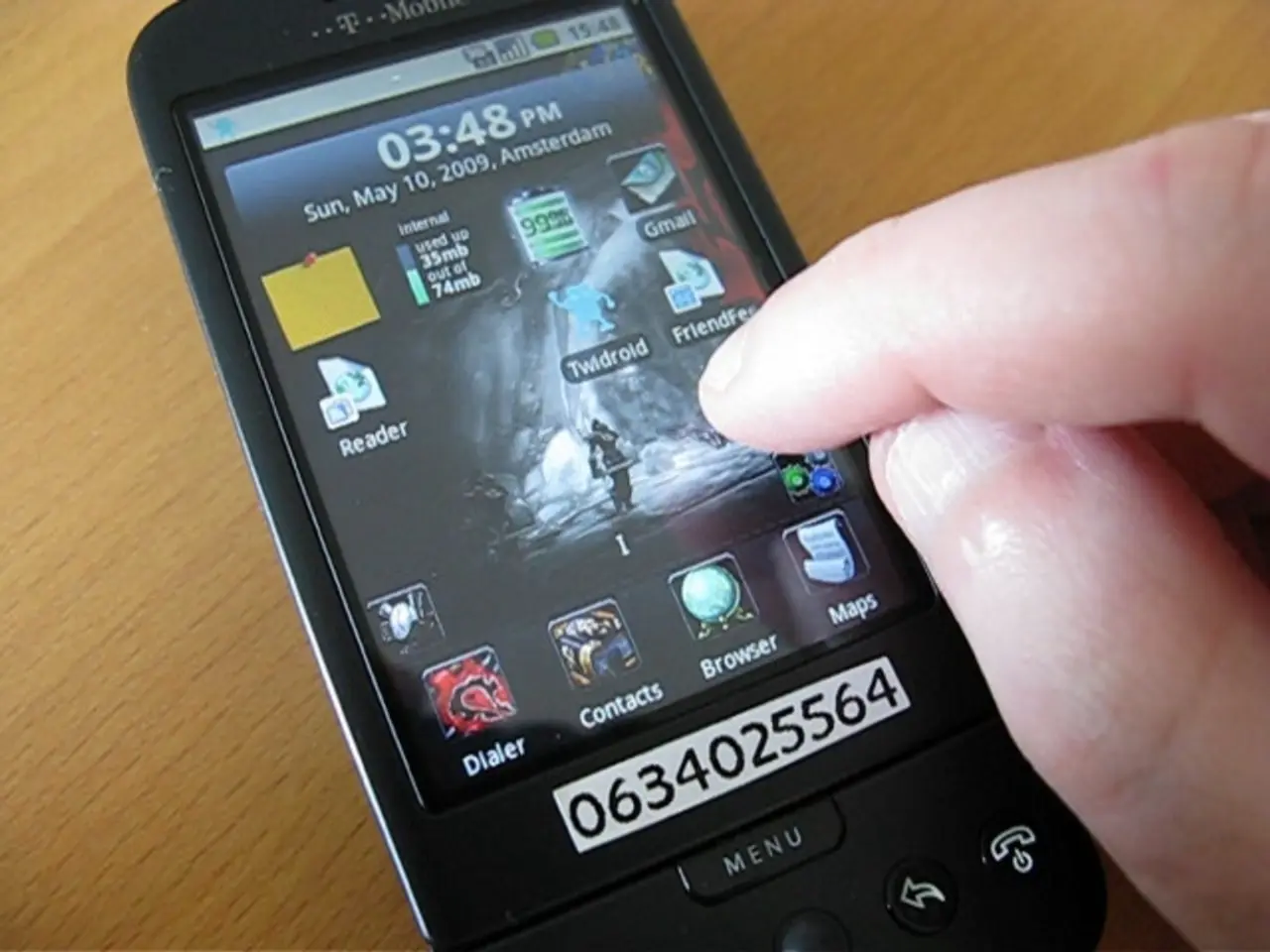Scammers making calls pretending to be from delivery services, associating with Roskomnadzor
Headline: Stay Vigilant Against Phone Scams Involving Flower Delivery Services and Microloan Applications in Russia
In the first quarter of 2025, a concerning increase in phone scams has been reported in Russia, with 43% of users encountering suspicious calls from unknown numbers, according to Kaspersky Lab. These scams are becoming more sophisticated, with scammers posing as flower delivery services and microloan providers to trick victims into revealing sensitive information.
Identification
The scams often use popular messaging platforms like Telegram and WhatsApp, exploiting trust in these apps that are widely used in Russia but have come under regulatory scrutiny due to abuse by scammers. Scammers may pose as legitimate flower delivery companies or microloan providers, offering services or loans with unusually favorable terms to lure victims. They might ask for personal information, payment in advance, or request interaction with suspicious links or apps that can compromise your device.
Increasing sophistication involves AI-enhanced phishing: messages and calls may appear very genuine, mimicking real companies’ communication styles, sometimes even using deepfake or stealth methods to bypass suspicion.
Protection Measures
To protect yourself from these scams, it is crucial to confirm any flower delivery or microloan offer via official company websites or verified contact numbers rather than relying on unsolicited phone calls or messages. Avoid clicking on unknown links or downloading files from unsolicited calls or texts. Be skeptical of offers that seem too good to be true or pressure you into quick decisions.
Do not share sensitive personal, banking, or biometric data over phone or messaging apps. Use official apps or platforms for loan applications rather than responding to unsolicited messages. Keep your device’s security software updated to detect phishing and malware attempts, especially on platforms targeted by scammers like WhatsApp and Telegram.
Report suspicious calls or messages to Russian authorities or regulatory bodies to help mitigate scams. Using special solutions like number identifiers can help alert you to spam or fraud complaints, and these solutions can help protect against phone fraud.
Given the reported crackdown by Russian authorities on abuses through Telegram and WhatsApp calls to curb such scams and extortion attempts, staying vigilant and relying on official verified channels is crucial for protection. Additionally, the rise of AI-driven phishing efforts in 2025 highlights the importance of caution even when the communication seems highly realistic.
Remember, it is not recommended to call back numbers suspected of being fraudulent, and SMS or push notification codes should not be shared with strangers. By following these guidelines, you can help protect yourself from falling victim to these scams.
[1] [Source 1] [2] [Source 2] [3] [Source 3] [4] [Source 4] [5] [Source 5]
In the general-news realm, the rise of sophisticated phone scams in Russia, disguised as flower delivery services and microloan providers, underlines the relevance of technology in these criminal activities. To ensure protection, adherence to verification measures, such as confirming offers on official company websites and avoiding click-bait links, is paramount. Crime-and-justice authorities advocate staying vigilant and relying on official, verified channels to combat these scams, in light of the growing use of AI-enhanced phishing tactics in modern-day technology.




